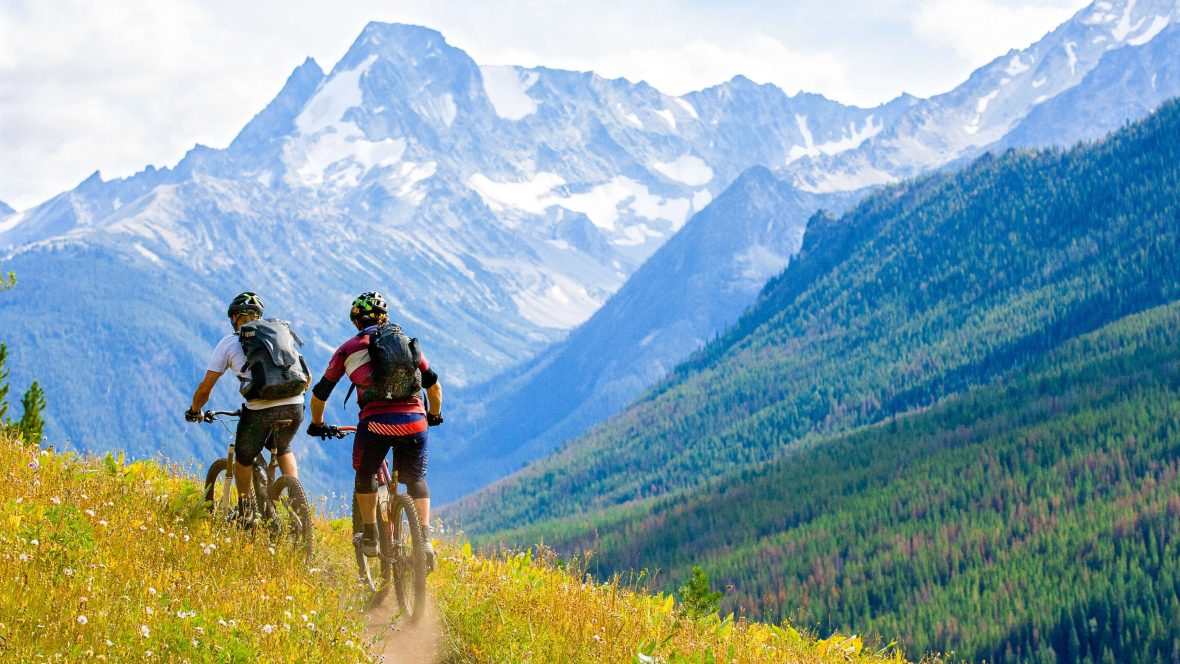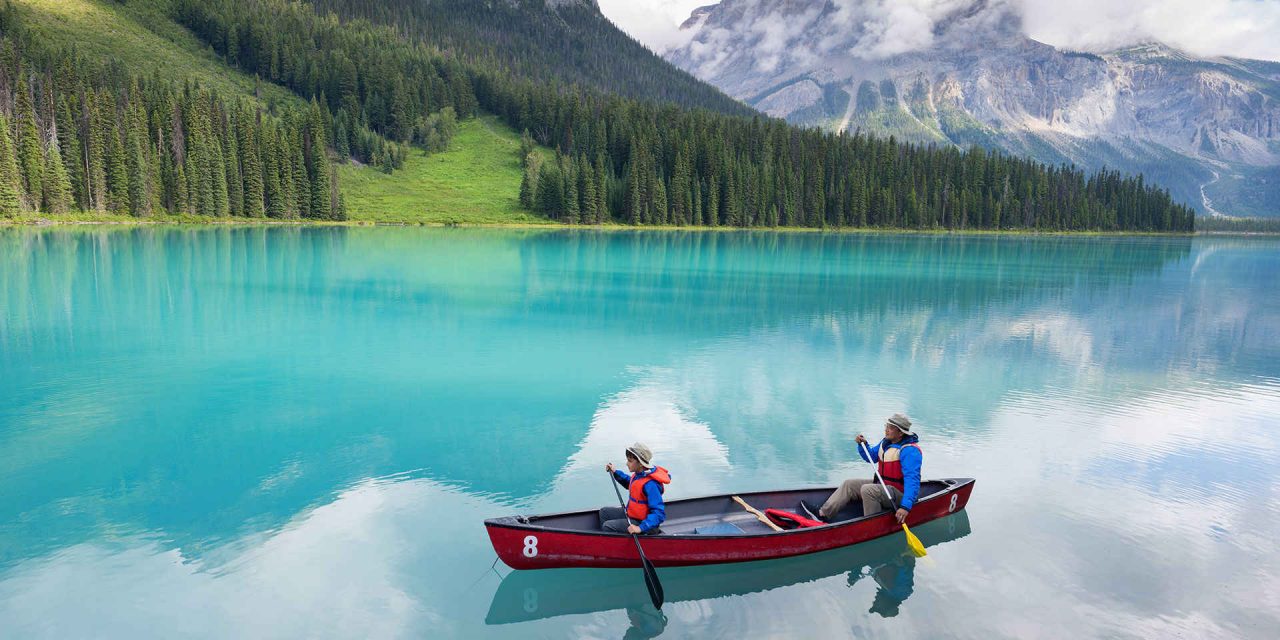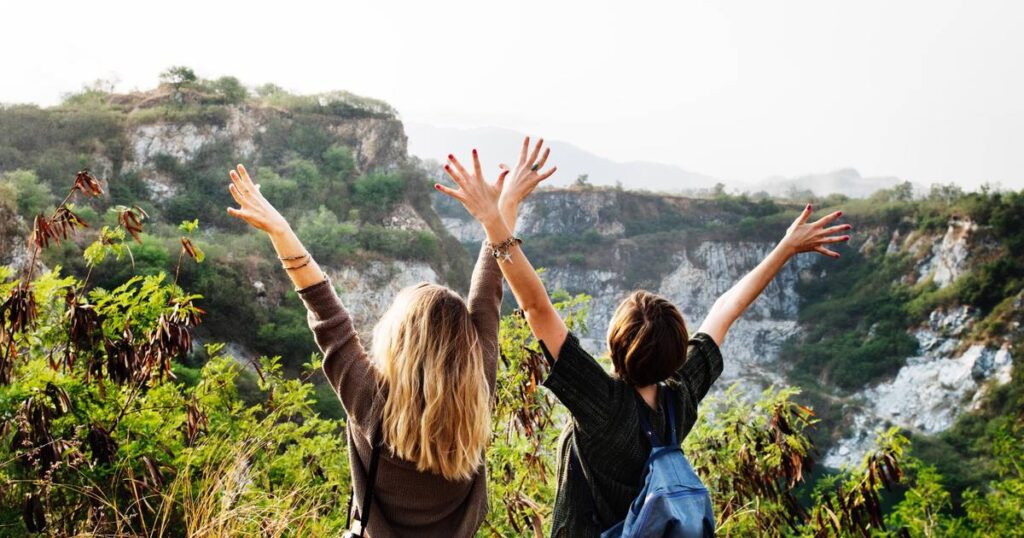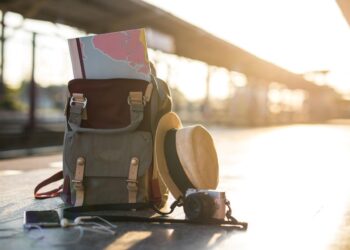Life is an endless journey, and every turn presents an opportunity for a new adventure. Whether it’s exploring a bustling city, conquering a towering peak, or delving into the depths of your own creativity, the world is brimming with possibilities waiting to be uncovered. This article will guide you through the process of identifying, planning, and embarking on your next unforgettable adventure, ensuring you make the most of every moment. We’ll explore various types of adventures, provide practical tips for preparation, and inspire you to step outside your comfort zone and embrace the unknown.
Why We Seek the Unknown

What drives us to seek out new experiences, to push our boundaries, and to venture into unfamiliar territory? The human desire for adventure is deeply ingrained, stemming from a combination of curiosity, a need for challenge, and the pursuit of personal growth.
A. Escaping the Mundane: In our often-routine lives, adventure offers a thrilling escape. It breaks the monotony, injects excitement, and provides a fresh perspective that can rejuvenate our minds and spirits. The anticipation of something new, something different, is a powerful motivator.
B. Personal Growth and Self-Discovery: Adventures, by their very nature, force us to adapt, innovate, and overcome obstacles. These challenges reveal our inner strength, resilience, and problem-solving abilities. Through them, we learn more about ourselves, our limits, and our true potential. Many people find that their most significant personal breakthroughs happen during or after an adventurous experience.
C. Creating Lasting Memories: The vivid experiences and intense emotions associated with adventure forge powerful, enduring memories. Unlike everyday occurrences, the unique moments of an adventure—the breathtaking views, the unexpected encounters, the personal triumphs—remain etched in our minds, providing a wellspring of joy and inspiration for years to come.
D. Connecting with the World: Adventures often involve interacting with new cultures, landscapes, and people. This broadens our understanding of the world, fostering empathy, tolerance, and a deeper appreciation for diversity. Whether it’s navigating a foreign market or sharing stories with fellow travelers, these connections enrich our lives in profound ways.
E. Reigniting Passion and Purpose: Sometimes, life can feel stagnant. An adventure can be the spark needed to reignite your passion, clarify your purpose, and provide a renewed sense of direction. The thrill of pursuing a challenging goal or exploring a new interest can bring immense clarity and motivation.
What Kind of Journey Awaits You?
Adventures come in countless forms, from adrenaline-pumping exploits to serene journeys of self-reflection. The key is to identify the type of adventure that resonates most with your interests, current life stage, and comfort level.
A. Thrill-Seeking Expeditions: For the adrenaline junkies, these adventures involve high-octane activities.
1. Extreme Sports: Think white-water rafting, bungee jumping, skydiving, rock climbing, or paragliding. These activities push physical and mental limits, offering an exhilarating rush. Safety is paramount here, and proper training and equipment are essential.
2. Expeditions to Remote Locations: Venturing into uncharted or less-traveled territories, such as jungle treks, desert crossings, or polar explorations. These often require extensive preparation, specialized gear, and a high degree of self-sufficiency.
B. Cultural Immersion and Exploration: For those eager to delve into diverse societies and historical sites.
1. International Travel: Exploring new countries, experiencing different customs, sampling local cuisines, and visiting historical landmarks. This could involve backpacking through Southeast Asia, touring ancient European cities, or experiencing the vibrant markets of Latin America.
2. Homestays and Volunteering: Living with local families or participating in community projects offers a deeper, more authentic cultural experience than traditional tourism. This allows for genuine connection and a chance to contribute positively.
C. Nature and Wilderness Escapes: For lovers of the great outdoors.
1. Hiking and Trekking: From day hikes in national parks to multi-day treks through mountain ranges like the Himalayas or the Andes. This allows for immersion in nature, physical challenge, and breathtaking scenic beauty.
2. Camping and Backpacking: Spending nights under the stars, away from urban distractions. This can range from car camping in developed campsites to remote wilderness backpacking, requiring careful planning for supplies and safety.
3. Wildlife Safaris and Ecotourism: Observing animals in their natural habitats and engaging in responsible tourism that supports conservation efforts. This is a chance to connect with the planet’s biodiversity.
D. Creative and Intellectual Pursuits: Adventure isn’t always about physical exertion; it can be about mental exploration.
1. Learning a New Skill: Taking up a challenging hobby like learning a new language, mastering a musical instrument, coding, or even competitive cooking. The adventure lies in the learning process and the satisfaction of mastery.
2. Undertaking a Major Creative Project: Writing a novel, composing a symphony, building a complex model, or creating a significant piece of art. This is a journey of imagination, discipline, and self-expression.
3. Deep Dive into a Subject: Becoming an expert in a niche field, whether it’s astrophysics, ancient history, or quantum mechanics. The adventure is in the intellectual challenge and the pursuit of knowledge.
E. Microadventures and Local Exploration: You don’t need to travel far to find adventure.
1. Exploring Your Own City/Region: Discovering hidden gems, lesser-known neighborhoods, local parks, or unique events right in your backyard. This can be as simple as taking a different route to work or exploring a new walking trail.
2. Weekend Getaways: Short, spontaneous trips to nearby towns, natural areas, or attractions. These offer a quick refresh and a taste of adventure without requiring extensive planning.
Planning Your Adventure

Once you have a clear idea of the type of adventure you seek, meticulous planning is crucial to ensure a safe, enjoyable, and successful experience.
A. Define Your Goals and Expectations: What do you hope to achieve or experience? Is it relaxation, challenge, cultural immersion, or skill development? Clearly defined goals will help shape your itinerary and preparation. Be realistic about what you can accomplish within your timeframe and resources.
B. Research, Research, Research: This is perhaps the most critical step.
1. Destination Information: Learn about the climate, local customs, safety concerns, political stability, required vaccinations, and visa requirements. Utilize reputable travel guides, government advisories, and traveler forums.
2. Logistics: Research transportation options (flights, trains, buses, car rentals), accommodation (hotels, hostels, camping, homestays), and local infrastructure. Understand how you’ll get around and where you’ll sleep.
3. Activities and Attractions: Identify specific activities, tours, or landmarks you want to include. Check opening hours, booking requirements, and any seasonal considerations.
C. Budgeting and Financial Planning: Money is often a limiting factor, so a realistic budget is essential.
1. Estimate All Costs: Include transportation, accommodation, food, activities, insurance, gear, and an emergency fund. Be generous with your estimates.
2. Saving and Funding: Develop a savings plan. Consider options like travel hacking (using points and miles), working abroad, or seeking sponsorships if applicable.
3. Currency and Payment Methods: Understand the local currency, exchange rates, and common payment methods (cash, credit cards). Inform your bank of your travel plans to avoid issues.
D. Timeline and Itinerary Development:
1. Determine Duration: How long can you realistically dedicate to this adventure?
2. Draft a Flexible Itinerary: While it’s good to have a plan, be prepared for unexpected changes. Prioritize key experiences and build in free time for spontaneity. Avoid over-scheduling.
3. Consider Seasonal Factors: Weather, crowds, and availability of certain activities can vary significantly throughout the year.
E. Health and Safety Preparations:
1. Medical Check-up and Vaccinations: Consult your doctor about necessary vaccinations and any pre-existing medical conditions. Carry essential medications with prescriptions.
2. Travel Insurance: This is non-negotiable for most adventures. It covers medical emergencies, trip cancellations, lost luggage, and other unforeseen events.
3. Emergency Contacts and Documents: Keep copies of your passport, visas, insurance details, and emergency contacts both physically and digitally. Share your itinerary with trusted individuals.
4. Safety Precautions: Research local crime rates, common scams, and cultural norms related to personal safety. Be aware of your surroundings, especially in unfamiliar areas.
Embarking on Your Adventure
With careful planning complete, it’s time to fully immerse yourself in the experience.
A. Stay Flexible and Adaptable: Things rarely go exactly as planned. Embrace unexpected changes, view challenges as opportunities, and be open to new possibilities that arise. A rigid mindset can hinder your enjoyment.
B. Be Present and Mindful: Avoid getting caught up in distractions. Put away your phone, observe your surroundings, engage your senses, and truly experience each moment. The memories are made in the present.
C. Connect with Locals and Fellow Travelers: These interactions can enrich your adventure immensely. Learn a few phrases of the local language, be open to conversations, and share experiences. You might gain valuable insights or make new friends.
D. Document Your Journey: Whether through photos, videos, journaling, or blogging, documenting your adventure allows you to relive the moments and share them with others. This also helps process your experiences and remember key details.
E. Prioritize Self-Care: Adventures can be physically and mentally demanding. Ensure you get enough rest, stay hydrated, eat nutritious food, and listen to your body. Don’t push yourself to exhaustion.
Overcoming Challenges and Setbacks
No adventure is entirely without its difficulties. How you respond to these challenges defines the experience.
A. Problem-Solving Skills: Develop a calm and analytical approach to unexpected issues, whether it’s a missed connection, lost luggage, or a change in weather. Think creatively and seek solutions.
B. Resilience and Perseverance: Adventures will test your limits. Develop the mental fortitude to push through discomfort, fatigue, or frustration. Remind yourself of your goals and the rewards that lie beyond the challenge.
C. Asking for Help: Don’t hesitate to seek assistance from locals, authorities, or fellow travelers when needed. Humility and openness can lead to unexpected solutions and connections.
D. Learning from Mistakes: Every setback is a learning opportunity. Reflect on what went wrong and how you can better prepare for future adventures. This continuous learning makes you a more capable adventurer.
Integrating Your Adventure
The adventure doesn’t end when you return home. The lessons learned and the experiences gained continue to shape you.
A. Reflect and Process: Take time to reflect on your journey. What did you learn about yourself? What new perspectives did you gain? How has this experience changed you? Journaling or discussing your adventure with others can aid this process.
B. Share Your Story: Inspire others by sharing your experiences. This could be through conversations with friends and family, writing blog posts, giving presentations, or creating photo albums. Sharing helps solidify your memories and can motivate others to embark on their own journeys.
C. Apply Lessons Learned: Integrate the skills, resilience, and newfound perspectives from your adventure into your daily life. Perhaps you’re more adaptable, more confident, or more appreciative of simple things.
D. Plan Your Next Adventure: The end of one adventure often sparks the desire for another. Use your newfound knowledge and confidence to start dreaming about and planning your next great escapade. The world is vast, and there’s always more to explore.
Conclusion
Embarking on an adventure is more than just visiting a new place or trying a new activity; it’s a transformative process that challenges, enriches, and profoundly changes us. By embracing the unknown, planning meticulously, and navigating challenges with resilience, you unlock not just a new destination, but a deeper understanding of yourself and the world around you. So, what are you waiting for? The world is calling. Unlock your next adventure and step into a story that is uniquely yours.







